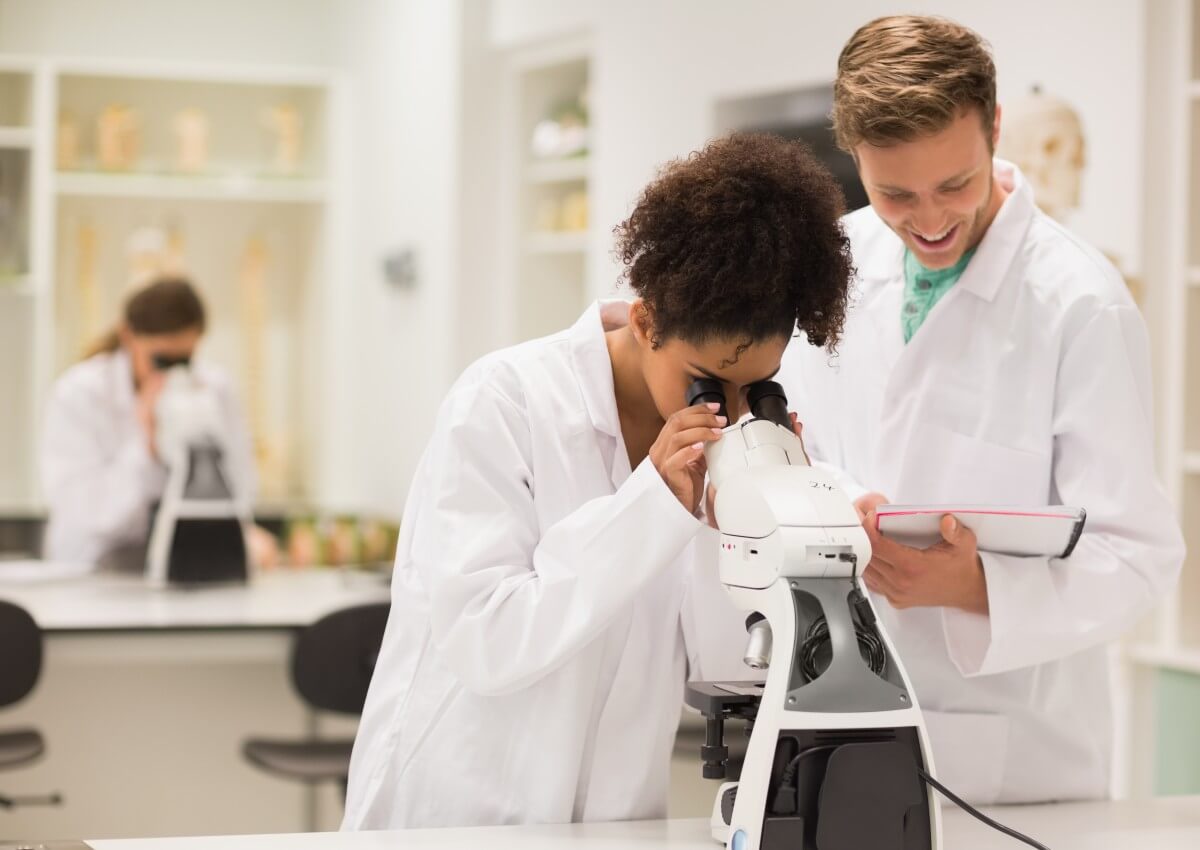All over the world, people are startled by the growing fatalities that the coronavirus disease (COVID-19) has caused.
First reported in December 2019 in the Chinese city of Wuhan, the deadly virus has made its way from China to at least 15 countries such as Italy, Malaysia and the US.
Because of this widespread transmission, countries are on high alert for more potential fatalities and issuing preventative measures for protection, thus highlighting the importance of preventive health.
To tackle global health challenges like these, Concordia University in Montreal, Canada believes that the world needs creative and interdisciplinary approaches to health education and research.
The university is currently putting in place a Health Institute to continue to advance health technologies, diagnostic tools, wearable devices and biometric textiles by merging the knowledge of more than 150 Concordia faculty members across several faculties.
By viewing health challenges from all angles, the university’s Health Institute is envisioned to create imaginative new research, teaching and outreach programmes that others are not positioned to offer.
As Concordia President, Graham Carr says, “Increasingly, society needs health research outside the traditional framework of medical faculties – research that answers how Canadians can stay healthy and reduce their dependence on an overburdened healthcare system.”
“Concordia’s Health Institute will be helping to fill this vital gap.”
A department that’s dedicated to health, kinesiology, and applied physiology
While the creation of the Health Institute inspires Concordia University’s community to challenge their perceptions of health, its inception will also be supported by well-established academic programming.
For instance, the Master of Health and Exercise Science (MSc) programme encourages students to research important fundamental and clinical questions. This includes exploring how the body produces new muscle proteins to face challenges or how stress can influence the cardiovascular system.

Shutterstock
This programme’s research agenda is also strong in basic mechanistic sciences. Students gain a clearer understanding of how the body works in the clinical areas of injury prevention and care, as well as in the everyday management of certain chronic diseases through exercise training.
Whereas the Doctorate in Health and Exercise Science (PhD) takes students’ health research one step further, through fortified links between specialised sciences as diverse as athletic therapy, molecular biology, neurology, nutrition, sleep, and behavioural medicine.
“It is very fulfilling to see graduate students succeed in many areas of research, from basic science to clinical applications”, says Graduate Programme Director in Health, Kinesiology, and Applied Physiology Dr Geoffrey Dover.
According to the Chair of Health, Kinesiology and Applied Physiology at Concordia Véronique Pepin, the research drive in the Department has really escalated in the past decade or so, to the benefit of undergraduate and graduate students.
“Not only do we have new academic programmes (PhD and two new honours in Athletic Therapy and Kinesiology & Clinical Exercise Physiology), but we also have new lines of research in nutrition (Dr. Sylvia Santosa), immunology (Dr. Peter Darlington), sleep (Dr. Thien Thanh Dang Vu), weight stigma reduction (Dr. Angela Alberga) and lower back pain (Dr. Maryse Fortin).
“The great thing about these new lines of research is their collaborative potential with each other and with other established research endeavours in the Department, the Faculty, and the University. The possibilities for students interested in health research now seem endless,” she says.
Supplementing these programmes is Concordia’s PERFORM Centre – an 8,000 m2 facility housing laboratories, conditioning equipment and functional assessment suites each dedicated to research.
Each of the PERFORM Centre’s eight suites is equipped with state-of-the-art equipment for students to use.
For instance, the Nutrition Suite has a Metabolic Kitchen, the Imaging Suite has a GE MR750 MRI Scanner and the Functional Assessment Suite has a Gait-Pressure-Mat.
In addition to exclusive facility access, students also become automatic members of the Health, Kinesiology and Applied Physiology Student Association (HKAPSA).
And through this HKAPSA membership, students get to join the Learning Lab where they can use the video library, skeletal and muscular anatomical models, computer software and physiology.
HKAPSA students also attend valuable networking events where they collect useful contacts for their future careers.

Source: Shutterstock
Health research and experiential learning
At the Department of Health, Kinesiology & Applied Physiology, the focus is on functional mechanisms from the molecular level to whole systems.
Research topics at the department include nutrition, hormones, body composition, behavioural medicine, chronic illnesses, sleep physiology, neural control of movement, movement and balance control in neuromuscular disorders.
One student benefiting from the university’s vibrant and interdisciplinary research culture is MSc Health and Exercise Science student Jesse Whyte.
The certified athletic therapist chose Concordia to make a long-term impact with his research on women who have undergone breast cancer treatment and developed secondary effects. He is supported by Robert Kilgour, professor in the Department of Health, Kinesiology and Applied Physiology.
“The aim of my study is to advance our understanding of secondary lymphedema and its effects on tissues,” he said.
“Through my research, I compare tissue characteristics of women with stage two, unilateral breast cancer-related lymphedema (BCRL) to their unaffected arms and healthy control arms.”
Last year, he delivered an oral presentation titled, “Forearm skeletal muscle ultrasound properties in women with breast cancer-related lymphedema” at the 2019 National Lymphedema Conference in Toronto.
He has also opened his own studio in Montreal West called ReFitMTL where he hosts classes for cancer patients, the young at heart and children where he addresses movement and balance to encourage a safe and active lifestyle.
Whyte’s story is just one of many that demonstrate Concordia University’s capacity to offer meaningful experiential learning to their students.
By providing the next generation of health leaders with contemporary facilities and future-facing curricula, students leave campus confident to evoke real-world change in their communities.
And with continuous support from a faculty of top-tier researchers, Concordia graduates carry their degree forward into careers that positively impact today’s health sector.
Follow Concordia University on Facebook, Twitter, YouTube, Flickr, Instagram, Google+ and LinkedIn.
Liked this? Then you’ll love…
How this Canadian university is fighting fake news
Innovative teaching approaches: Virtual reality in the classroom










